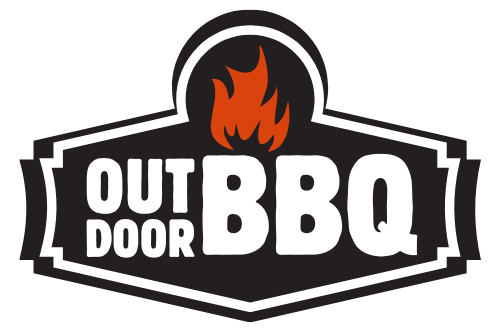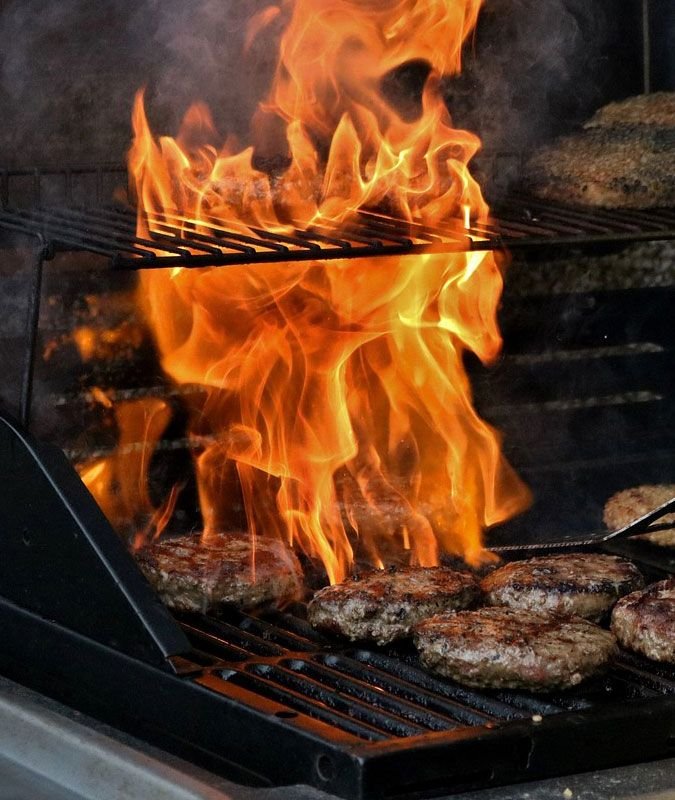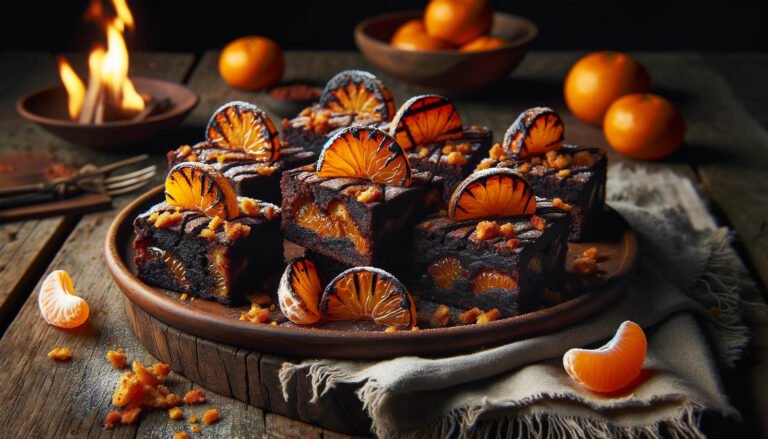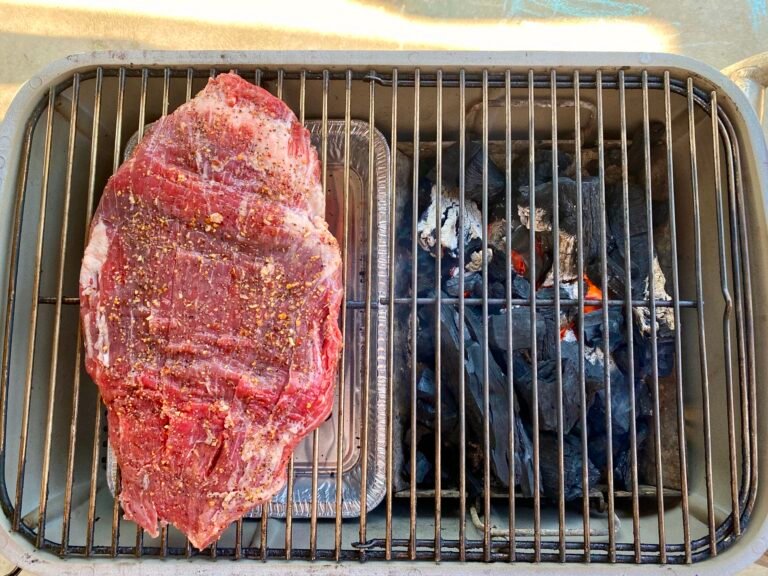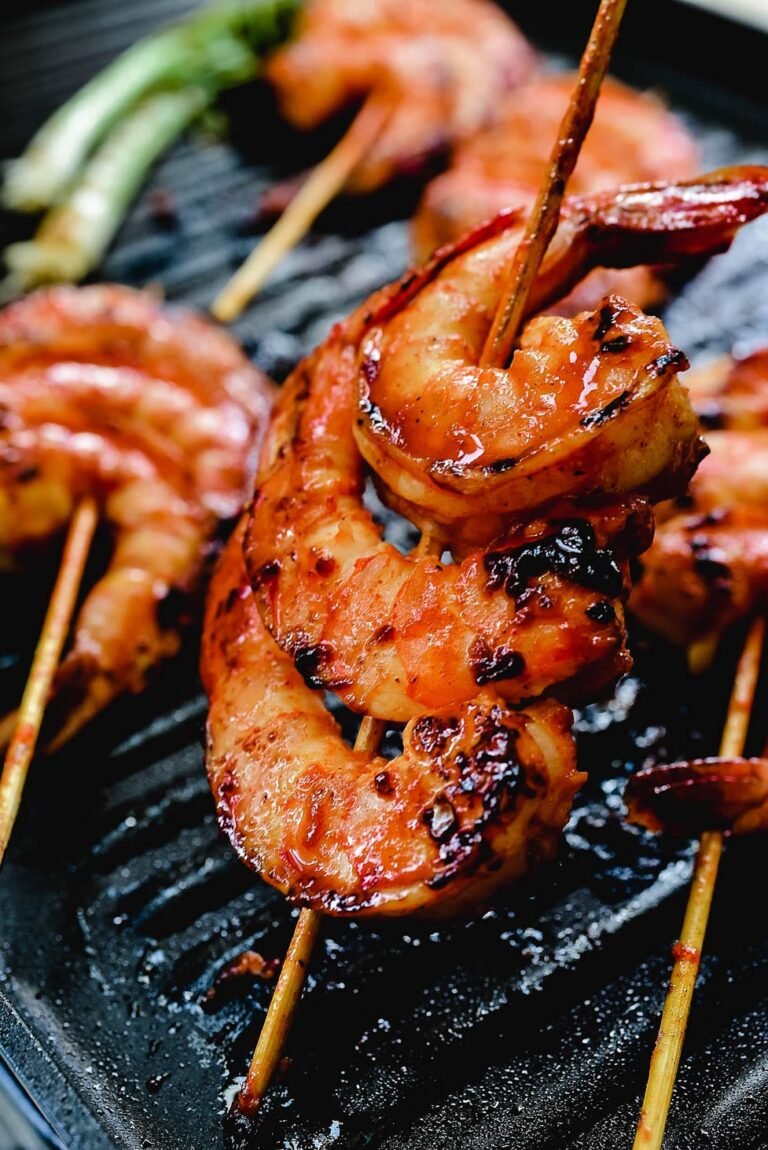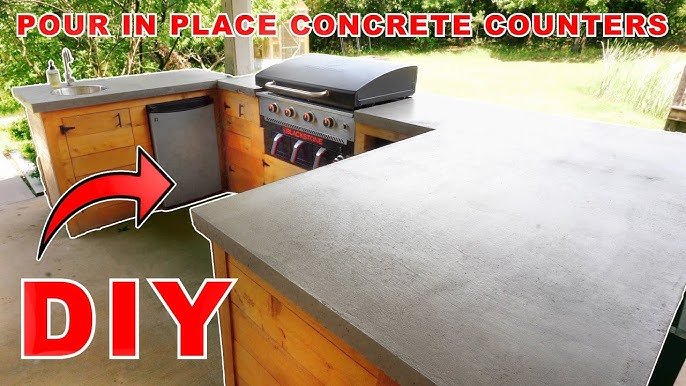Grilling is all fun and games until unexpected flare-ups ruin your BBQ party. These sudden bursts of flame can char your food and pose a safety risk.
Avoiding BBQ flare-ups ensures a safe and enjoyable grilling experience. Picture this: you’re at the grill, the sun is shining, and the smell of cooking meat fills the air. It’s perfect until flames leap up, threatening to turn your feast into a fiasco.
Fear not, for there are simple steps you can take to keep those pesky flare-ups at bay. This guide will walk you through practical tips to manage your grill like a pro. From choosing the right fuel to mastering the art of meat placement, we’ve got your back. So grab your tongs, don your apron, and get ready to become the flame-whisperer of your backyard BBQ.
The Science Behind Bbq Flare-ups
Flare-ups often ruin a good BBQ, but knowing the causes can help. Grease and fat drippings ignite when they hit hot coals, creating flames. Keep your grill clean and trim excess fat to reduce these sudden bursts of fire.
Grilling is an art, but it’s also science at play. BBQ flare-ups can turn a fun barbecue into a risky event. It’s important to understand why these sudden bursts of flame occur. This knowledge helps keep grilling safe and enjoyable. Let’s delve into the science behind BBQ flare-ups and learn to prevent them.
Identifying The Causes
Several factors contribute to unwanted flare-ups. Grease and fat from meat drip down onto the heat source. They catch fire when hot enough. Marinated foods can drip excess liquid, adding fuel to the fire. Even bits of food left on the grill can ignite. Recognizing these triggers is the first step to managing them.
Chemical Reactions In Grilling
Grilling involves complex chemical reactions. When meat cooks, fat melts and drips. This fat hits the coals or burners and vaporizes. The vapors then combust, creating a flare-up. Oxygen plays a key role in this process. It feeds the flames, making them bigger and hotter. Understanding this reaction helps grillers take control.
Pre-grill Preparation
Proper preparation is key to preventing BBQ flare-ups. Trim excess fat from meats and keep a clean grill to minimize risk.
Getting your grill ready isn't just about heating it up. It's about making smart choices before the food even touches the grate. This part, the pre-grill preparation, can make a big difference in avoiding those unwanted flare-ups that can burn your food. Let's dive into how choosing the right meat cuts and trimming excess fat can help.Choosing The Right Meat Cuts
Not all meats are equal for grilling. Some are better. Lean meats are your friend. They have less fat. Less fat means fewer flare-ups. Think chicken breast, pork chops, or lean beef. These cuts grill nicely and are less likely to cause trouble.Trimming Excess Fat
Even lean cuts can have some fat. Trim it off. A little fat is okay. It adds flavor. But too much causes flames. Use a sharp knife. Cut off the extra fat before you grill. This step is simple but effective. It keeps your grill safer and your food better. Remember, these steps are easy but important. They help you grill safely and enjoy your BBQ without worry.
Best Grilling Techniques To Prevent Flares
Mastering the right grilling techniques can tame flare-ups. Trim excess fat and keep a water spray handy to manage sudden flames and ensure even cooking.
Grilling is all about the flavor. But unwanted flare-ups can spoil the fun. Let’s talk about safe, flare-free grilling. Master these techniques for a perfect BBQ every time.Direct Vs. Indirect Heat
Direct heat cooks food fast, right over the flames. Great for burgers and steaks. But it can cause flare-ups. Indirect heat is safer. It cooks food slowly, away from direct flames. Use it for chicken or ribs. This way, fat drips away without catching fire.Optimal Grill Temperature Control
Control is key when grilling. Keep temperatures steady. Use a thermometer. Aim for a medium heat. Too hot, and you’ll get flames. Too cold, and food won’t cook right. Adjust the burners or coals to keep the heat just right. This will help prevent sudden flares.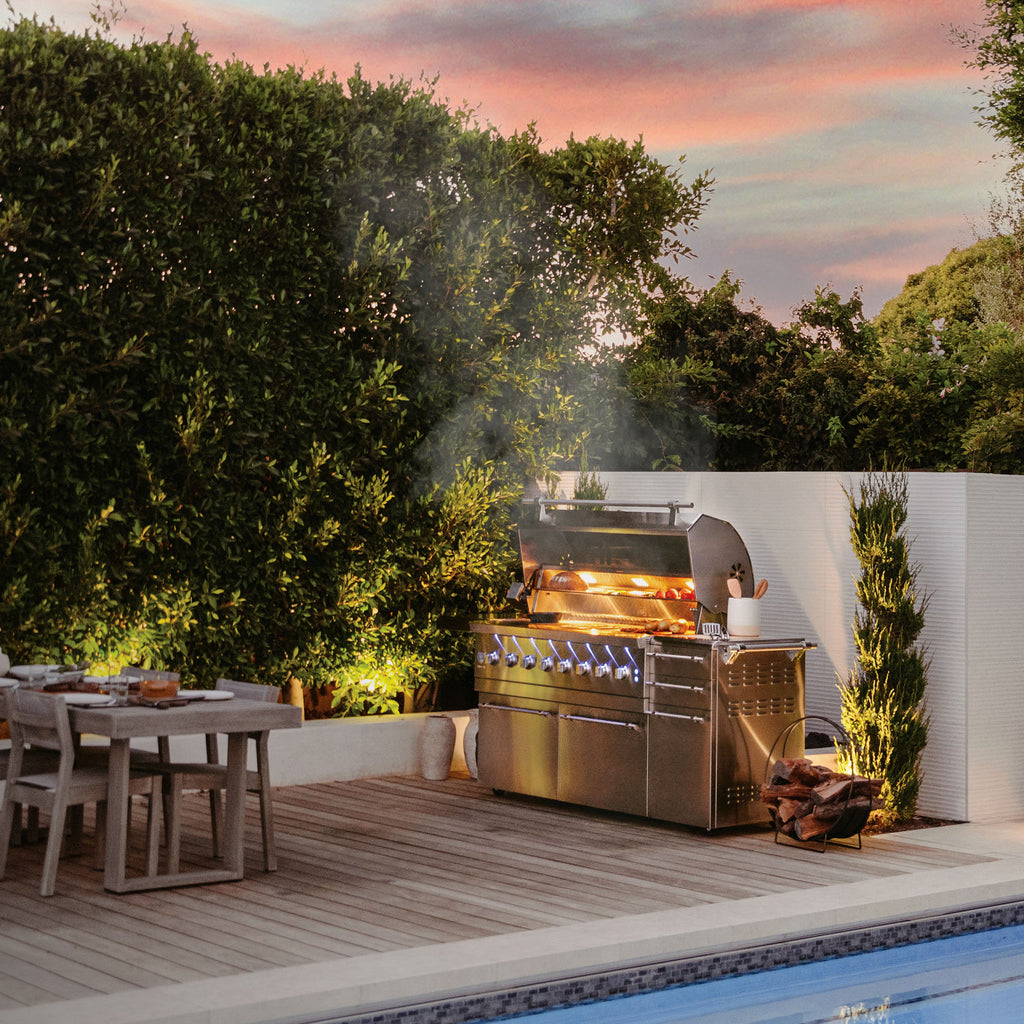
Cookware And Utensils To Reduce Flare-ups
Cookware and Utensils to Reduce Flare-Ups are crucial for safe grilling. The right tools can make a big difference. They keep fat and juices away from the flames. This helps prevent sudden flare-ups. Let’s explore some options.
The Role Of Drip Pans
Drip pans are a simple solution. They catch fat and juices before they hit the flames. Place them under the grill grates. This shields your food from direct heat. It also makes cleaning up easier.
- Aluminum pans: Affordable and disposable
- Stainless steel pans: Durable and reusable
Using Grilling Mats And Baskets
Grilling mats and baskets also reduce flare-ups. They provide a barrier between food and flames. This helps cook food evenly. It also keeps small items from falling through the grates.
| Item | Benefit |
|---|---|
| Grilling Mats | Non-stick and easy to clean |
| Grilling Baskets | Holds food together, perfect for vegetables |
Marinades And Oils: A Double-edged Sword
Marinades and oils add flavor to BBQ foods. Yet, they can cause flare-ups. This makes grilling tricky. Let’s explore how to use them safely.
Selecting Flare-resistant Ingredients
Some ingredients resist flare-ups. Choose herbs, spices, and citrus for marinades. They add taste without much risk. Avoid too much oil. Go for light coatings.
Application Methods To Minimize Drips
How you apply marinades and oils matters. Use brushes for even coats. Less drips mean fewer flare-ups. Let excess marinade drip off before grilling. This step is key.
Maintenance: Keeping Your Grill Flare-free
Barbecue season calls for sizzling steaks, not flare-ups. A well-maintained grill means safe, delicious BBQs. Follow these steps to keep your grill in top shape and minimize dangerous flare-ups.
Regular Cleaning Routines
Clean after each use. Brush grates once they’re cool. Wipe down surfaces. This prevents residue from building up.
- Use a grill brush for grates
- Clean with soapy water
- Rinse and dry all parts
Checking For Grease Buildup
Inspect your grill monthly. Look for grease in traps and under burners. Grease can ignite and cause flare-ups.
| Area | Check Frequency | Action |
|---|---|---|
| Grease Traps | Monthly | Clean out |
| Under Burners | Monthly | Inspect and wipe |
| Grill Interior | Seasonally | Deep clean |
Safety Measures During Unexpected Flares
Grill with care to prevent sudden bursts of flame. Trim excess fat from meats and keep a water spray bottle handy to douse unexpected flare-ups.
Grilling should be fun, not a fire hazard. Yet, unexpected BBQ flare-ups can happen. Safety is key when flames grow wild. Knowing what to do can save your cookout and possibly more. Let’s talk about safety measures for those sudden flares.Immediate Steps To Take
Act fast but stay calm. First, move food away from flames, using long-handled tools. This reduces fuel for the fire. Next, turn off burners and gas if it’s safe. Cover the grill to cut oxygen and snuff out flames. Always keep a fire extinguisher nearby. A baking soda handful can douse a minor flare-up. Water can spread the fire, so use it as a last resort.
Long-term Solutions
Prevent flares with regular cleaning. Grease buildup causes fires. Check and empty drip trays often. Trim excess fat from meat before grilling. This reduces oil drips that ignite. Choose lean cuts for less grease. Use indirect heat for fatty foods. This avoids direct flames. Keep a spray bottle of water handy. A quick spritz can tame small flares. Last, never leave your grill unattended. Stay alert and ready to act.
Advanced Techniques From Bbq Masters
Grilling is an art. BBQ masters use smart techniques to avoid flare-ups. They keep food tasty and safe. Let’s learn from them.
Zone Cooking Strategies
Zone cooking makes grilling safer and easier. It means creating different heat zones on your grill. One zone is hot, and one is not.
- Hot zone is for searing.
- Cool zone is for cooking slowly.
Start by searing your meat on the hot side. Then, move it to the cool side to finish cooking. This method prevents flare-ups.
Specialized Grilling Equipment
Some tools make grilling safer. They help you manage flare-ups.
- Grill mats keep small foods from falling. They reduce flare-ups.
- Grill baskets hold vegetables and small items. They make flipping easy.
Using the right equipment makes grilling fun and safe. Try these tools to improve your BBQ.
The Role Of Quality Fuel In Flare-up Prevention
The Role of Quality Fuel in Flare-Up Prevention is crucial for a safe BBQ. Bad fuel equals more flare-ups. Good fuel means better control. Let’s find the best fuel to keep flames at bay.
Selecting The Right Charcoal Or Gas
Choose charcoal or gas wisely. It impacts your BBQ’s safety and taste.
- Charcoal: Go for lump charcoal or briquettes with no added chemicals. They burn cleaner and reduce flare-ups.
- Gas: A clean, high-grade propane or natural gas is a must. It ensures even heat and fewer flare-ups.
The Impact Of Moisture Content
Moisture in fuel causes more smoke and flare-ups. Dry fuel is key.
| Fuel Type | Moisture Content |
|---|---|
| Charcoal | Look for dry, solid pieces. They should not feel damp or look moldy. |
| Gas | Store tanks in a dry area. Check for leaks that can trap moisture. |
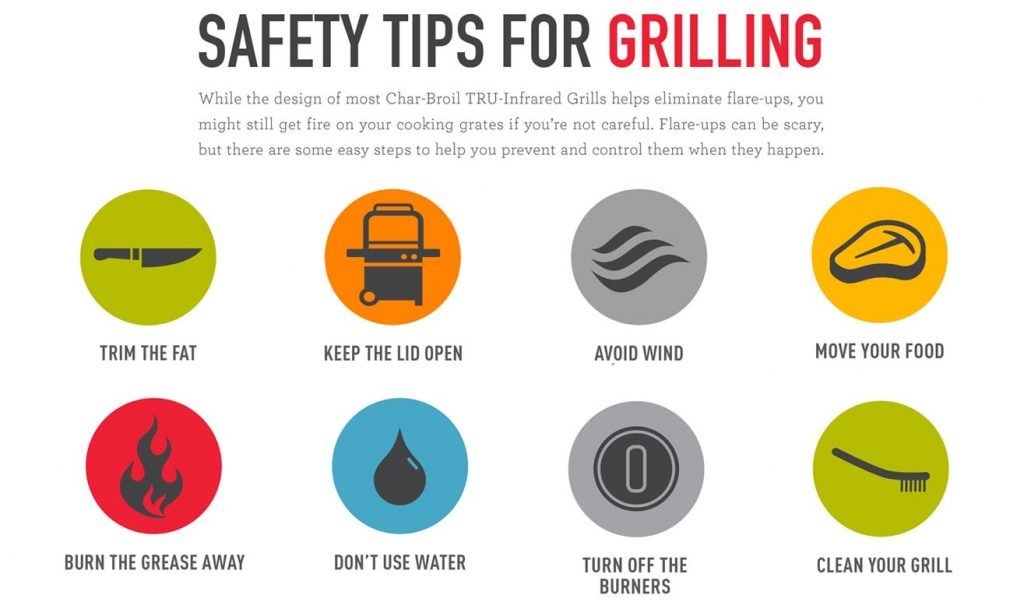
Expert Q&a: Common Flare-up Questions Answered
Welcome to our ‘Expert Q&A: Common Flare-Up Questions Answered’ section. Grilling enthusiasts often face the challenge of flare-ups. Let’s dive into expert advice to keep your BBQ safe and enjoyable.
Addressing Myths And Misconceptions
Many grillers have misconceptions about flare-ups. Let’s bust these myths with facts.
- Myth: Flare-ups add flavor to meat.
- Truth: They can cause charring and a burnt taste.
- Myth: Higher heat means better grilling.
- Truth: Controlled heat ensures even cooking.
Real-life Scenarios And Solutions
Tackling flare-ups requires practical solutions. Here’s how to handle common situations:
| Scenario | Solution |
|---|---|
| Fat drippings ignite | Trim excess fat before grilling |
| Grease buildup catches fire | Clean grill regularly to prevent accumulation |
| Wind causes flare-ups | Use a windbreak or adjust grill placement |
:max_bytes(150000):strip_icc()/GettyImages-114473986-6769a0ae1eac4cd3b9d7a0494c865205.jpg)
Frequently Asked Questions
What Causes Bbq Flare-ups?
BBQ flare-ups are caused by fat and juices dripping from the meat onto the hot coals or burner. As these liquids hit the high temperatures, they ignite, creating sudden flames.
How Can I Prevent Flare-ups While Grilling?
To prevent flare-ups, trim excess fat from meats before grilling. Use indirect heat for cooking and keep a spray bottle of water handy to douse any unexpected flames. Regularly cleaning the grill can also reduce the risk of flare-ups.
Are Flare-ups Dangerous When Barbecuing?
Flare-ups can be dangerous as they may cause burns or uncontrolled fire. It’s important to stay vigilant, control the flames promptly, and never leave the grill unattended during use.
What’s The Best Way To Set Up A Grill To Avoid Flare-ups?
Set up your grill with a two-zone heat source: one side high heat, the other side no heat. This allows you to move food to the cooler side if flare-ups occur, giving you better control over the cooking temperature.
Conclusion
Mastering BBQ safety can mean the difference between a feast and a fiasco. Keep grills clean and choose the right equipment. Simple steps lead to safer grilling and better-tasting food. Remember to maintain a watchful eye and control the heat.
Control flare-ups; enjoy your BBQ every time. Share these tips with friends for their next cookout. Let’s make every BBQ event a success with fewer flare-ups and more fun!
